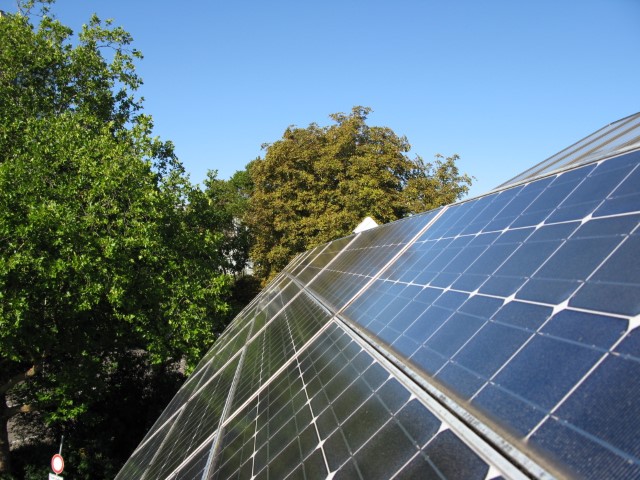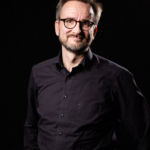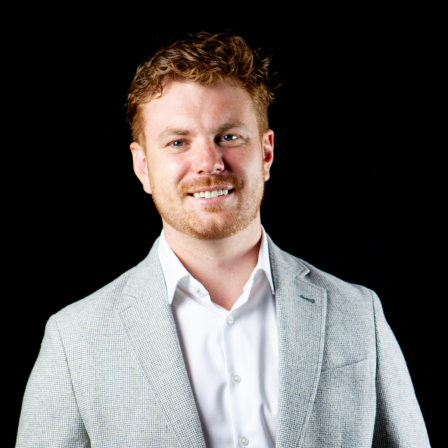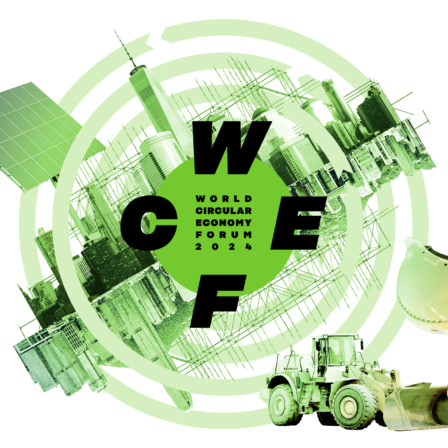Weekly notes is a series of blogs offering insights into the topical issues being discussed each week by Sitra’s research and strategy team. Ecological economics seems to be gaining ground among Finnish researchers, notes Vesa-Matti Lahti in Reykjavik. Lahti is currently engaged in project work for Sitra on the circular economy.
This year, the biennial conference organised by ISEE, the International Society for Ecological Economics, was held in Reykjavik. I attended for the first time in order to gain an insight into the status of research on so-called steady state economics. This term refers to economies that do not necessarily grow, but are still able to ensure the well-being of citizens.
It was a pleasant surprise to see that the event was attended by several other Finnish participants. I had not previously been aware of many Finnish researchers with an interest in ecological economics. However, the topic seems to have gained a foothold among researchers here. The people I met included Janne Hukkinen, Professor of Environmental Policy, a member of Sitra’s Expert panel on sustainable development; Jukka Heinonen, a recently appointed Professor at the University of Iceland; and Tuula Helne of the Kela Research Department.
The presentations at the conference spelled out the basic information provided by ecological economics on the relationship between environmental problems and the economy. In addition, a new topic which raised interest among the researchers was the impact of fiscal and monetary policy on sustainability. In fact, several academics were about to begin a research project on this topic.
I enclose the highlights of the presentations by the keynote speakers and one speaker who discussed the circular economy. This is of interest to us since Sitra plans to establish a key area on the circular economy.
Dan O’Neill (University of Leeds)
It has been impossible to sever the link between economic growth and growing environmental problems, but economic growth has been “successfully” disconnected from growth in happiness.
How can a steady state economy be achieved?
- Limits to the use of resources.
- Stabilisation of population numbers – we should aim not only to decrease our ecological footprint, but to have a smaller number of feet. Today, the number of unwanted pregnancies worldwide is almost equal to growth in the human population.
- Lower inequality would also limit the need for dangerous economic growth.
- Fewer working hours: we cannot accelerate production just to keep people at work.
- Reform of the monetary system. At present, it is possible for commercial banks to create money from nothing – only central banks should be entitled to do so!
- Rethink business, trading and advertising.
- We must change the way in which we measure progress.
Jorgen Randers (Norwegian Business School)
One of the authors of the original “Limits to growth” report and the author of “2052 – A Global Forecast for the Next Forty Years” emphasised how the most promising way of avoiding a bleak future would probably consist of reducing the number of hours and days worked. This is because other means – including a major hike in taxes or fuel prices to limit growth in production and consumption in order to cut increasing emissions – will not, he believes, gain acceptance among the majority in rich countries.
Instead, cutting the number of working hours for individuals, for example by increasing the number of annual holidays, could gain popular support because, unlike other emission-cutting methods, it would not involve the fear of higher unemployment. After all, if individuals worked fewer hours on average, the work available could be divided between a higher number of people.
Polly Higgins (Eradicating Ecocide Global Initiative)
We need international legislation which will halt environmental destruction and bring those responsible to court to answer for their actions in the same way. Olof Palme suggested international legislation of this kind as far back as 1972. Unfortunately, this suggestion was removed – behind closed doors – from the United Nations’ agenda in the 1990s. However, a movement led by lawyers has emerged advocating international legislation of this kind. Higgins is a representative of this movement.
Willi Haas (University of Klagenfurt/Alpen Adria Universität)
A genuine circular economy is a very distant prospect at the moment. For instance, in the EU only a fraction (possibly around 6–10%) of the total resources used, or material input, is actually recycled. The key reason for this is that energy consumption, mainly fossil fuels, accounts for 45% per cent of this input, while use of materials accounts for only 55%. In fact, a large proportion of the materials used end up in reserve. Once burnt, fossil energy cannot be recycled. If the aim is to achieve a closed loop, all energy should originate in renewable sources and, even then, a much higher proportion of the materials used should be recycled.
The Well-being and equity within planetary boundaries Conference was held in Reykjavik 13–15 August 2014.





















Recommended